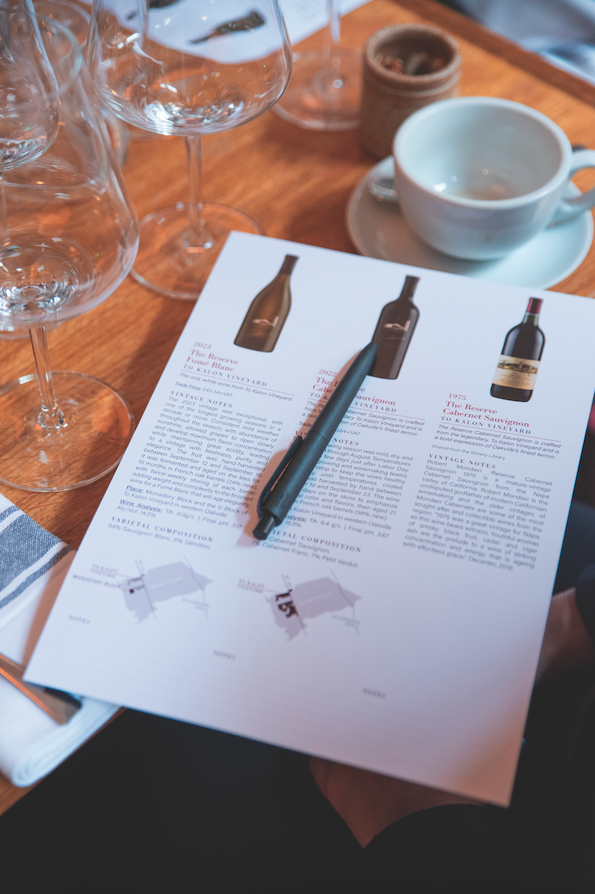Beer duty freeze would ‘create 2,400 jobs’
A freeze in beer duty in the 2014 budget would secure 2,400 jobs, promote growth and investment in Britain’s beer industry, brewers have told the UK’s treasury minister.
Last year the beer duty tax escalator was scrapped leading to renewed confidence in the sector and resulting in an increase in beer sales for two consecutive quarters for the first time in 10 years.
Industry CEOs are now pushing for a freeze on beer tax in this year’s budget and have put forward their case to Economic Secretary to the Treasury, Nicky Morgan MP.
Between 2008 to 2013 beer tax has increased by 42 per cent, despite beer sales dropping by 21 per cent.
In that time 7,000 pubs have closed representing a loss of 58,000 jobs in the UK.
British beer drinkers paying 42 per cent of the entire EU beer duty bill while beer and pubs contribute £22 billion to UK GDP and generate £11 billion in tax revenue.
Partner Content
A freeze in this year’s budget would lead to 2,400 additional jobs in the first year alone, at a cost of £4 million to the Government, and provide a further boost to the industry, according to new research from independent experts Oxford Economics.
Brigid Simmonds, chief executive of the British Beer & Pub Association, said: “There is a compelling case for a beer duty freeze. The Government has made an excellent start, in abolishing the beer duty escalator and with the historic cut in duty last year. It has been a real boost to jobs and growth in the sector, at a time when the economy most needs it.
“The recovery remains fragile, but we can continue this good news story for the Government, with a further duty freeze. And in avoiding further damage to beer and pub businesses, a freeze can be achieved with virtually no cost to the Treasury. It is a win-win situation for the Government.”




